In 1953, after a stint in a psychiatric institution, the French-American fashion model Niki de Saint Phalle began painting as a form of therapy. With no formal training, Saint Phalle’s early work included ‘naive style’ oil paintings and dramatic assemblages. Later, she came to prefer sculpture. It was in this medium that she produced her best-known works, including the female-form Nanas in the 1960s and Tarot Garden (1998), a fantastical sculpture park inspired by Antoni Gaudí’s Park Güell in Barcelona. Though her colourful works possess a sense of childlike whimsy, the concepts that underpin them are far from juvenile: Saint Phalle’s art reflects on social issues such as gender inequality, racism and the HIV/AIDS crisis and alludes to her own difficult upbringing. This retrospective of her work at the Nelson Atkins Museum of Art in Kansas City is the first in the US, comprising works on loan from the Museum of Modern and Contemporary Art (MAMAC) in Nice, France and the Niki Charitable Art Foundation (27 April–21 July). Find out more from the Nelson Atkins’ website.
Preview below | View Apollo’s Art Diary
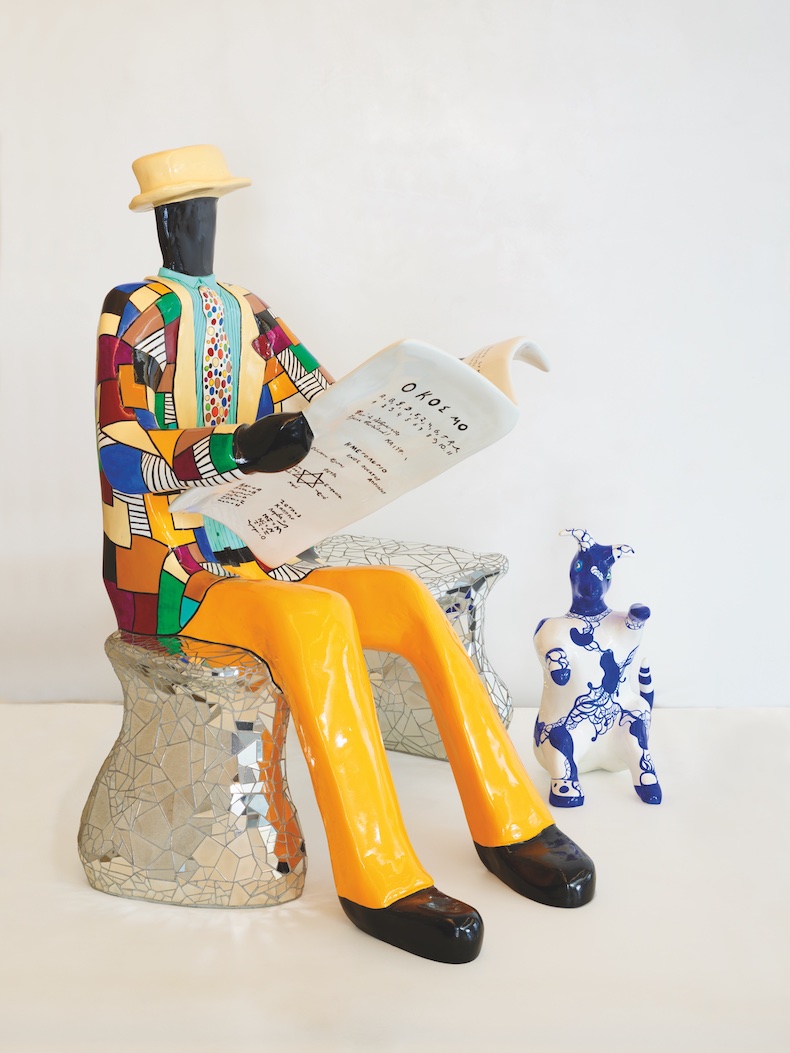
The Bench (1989), Niki de Saint Phalle. Nelson-Atkins Museum of Art, Kansas City. © 2024 Niki Charitable Art Foundation. All rights reserved
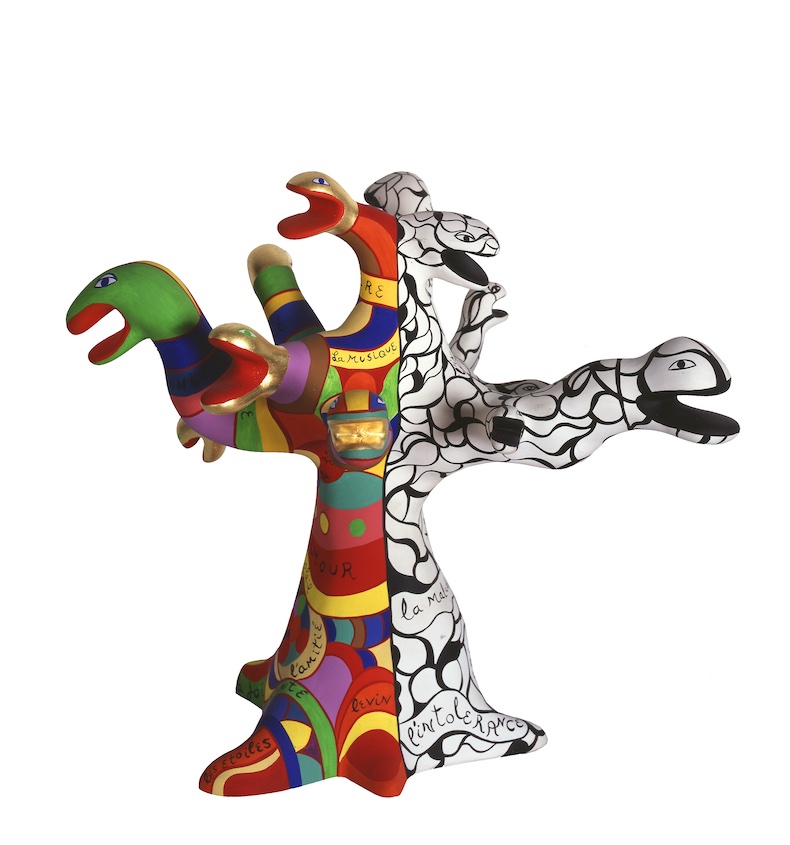
L’arbre de vie (Tree of Life) (1990), Niki de Saint Phalle. Private collection. Courtesy Niki Charitable Art Foundation, Santee; © 2024 Niki Charitable Art Foundation. All rights reserved
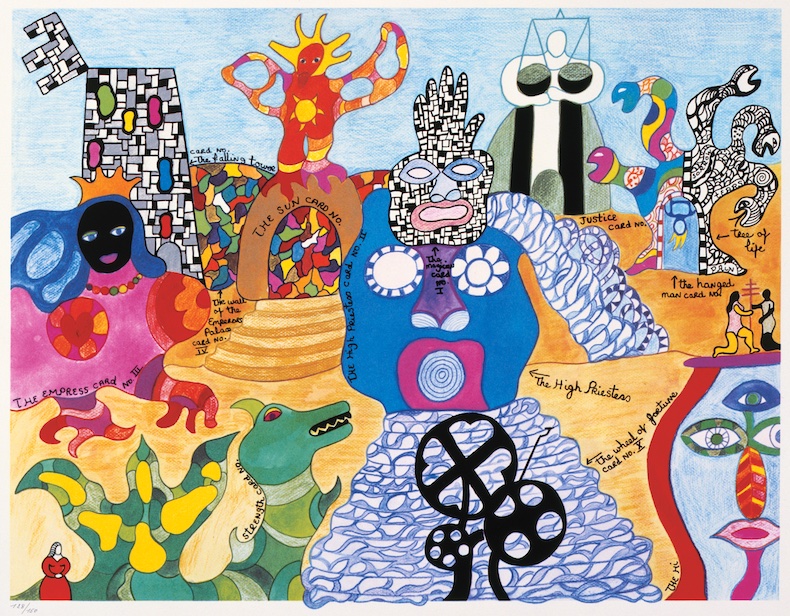
Tarot Garden (1991), Niki de Saint Phalle. MAMAC, Nice. © 2024 Niki Charitable Art Foundation. All rights reserved
Unlimited access from just $16 every 3 months
Subscribe to get unlimited and exclusive access to the top art stories, interviews and exhibition reviews.

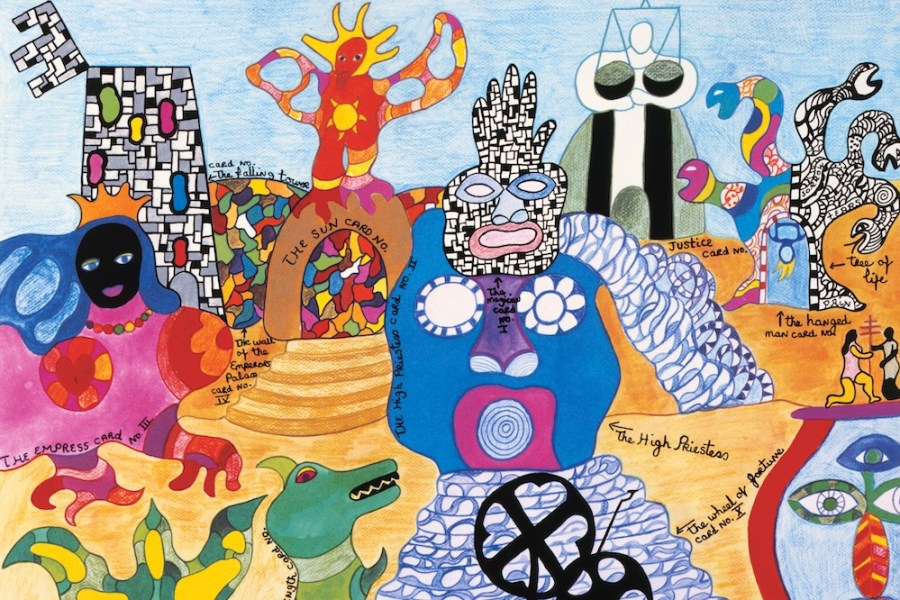
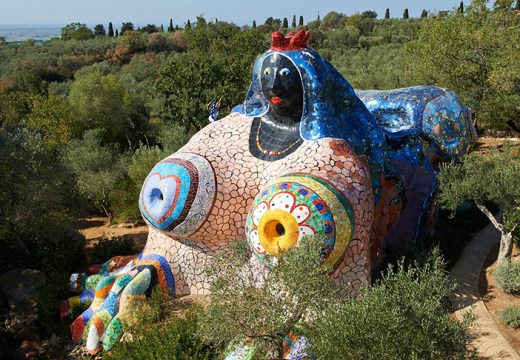
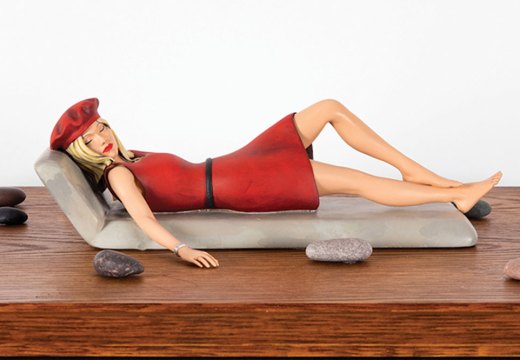
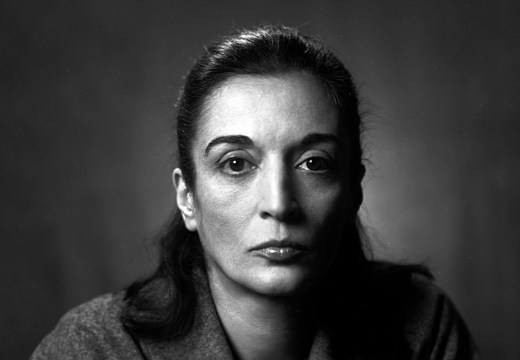
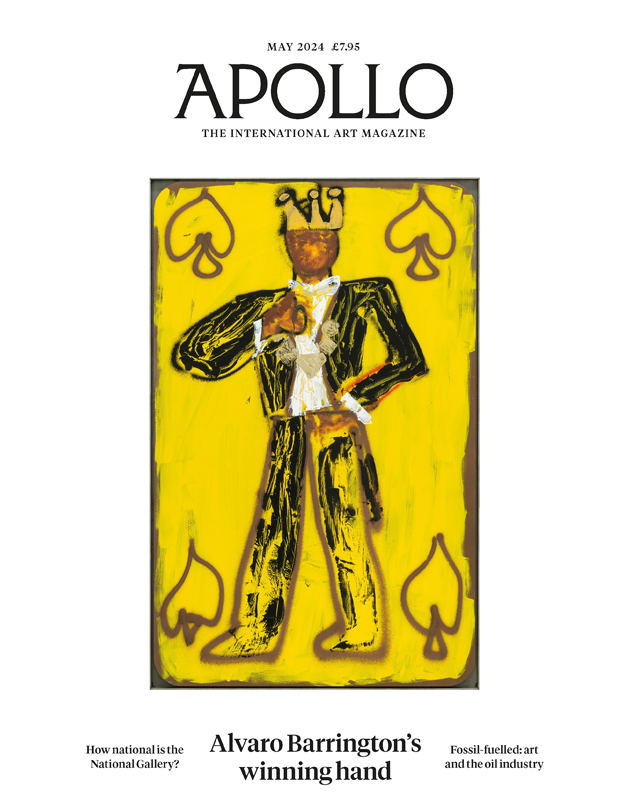
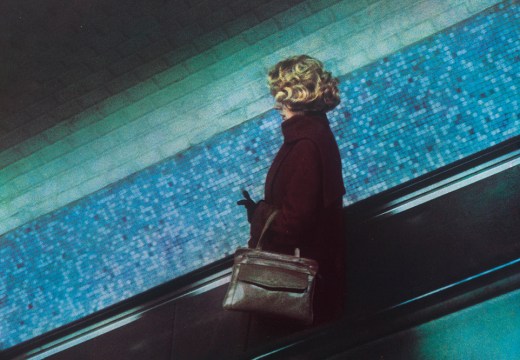


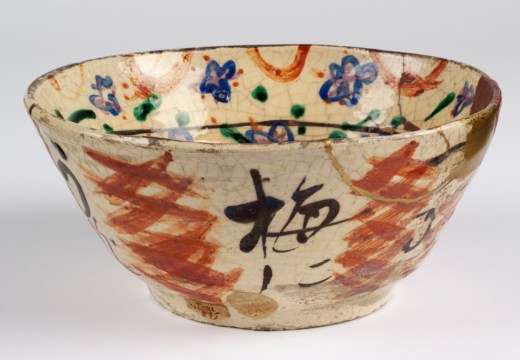




![Masterpiece [Re]discovery 2022. Photo: Ben Fisher Photography, courtesy of Masterpiece London](http://www.apollo-magazine.com/wp-content/uploads/2022/07/MPL2022_4263.jpg)
Has arts punditry become a perk for politicos?